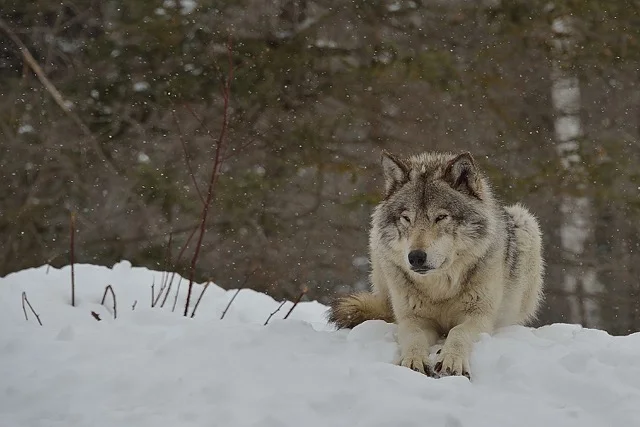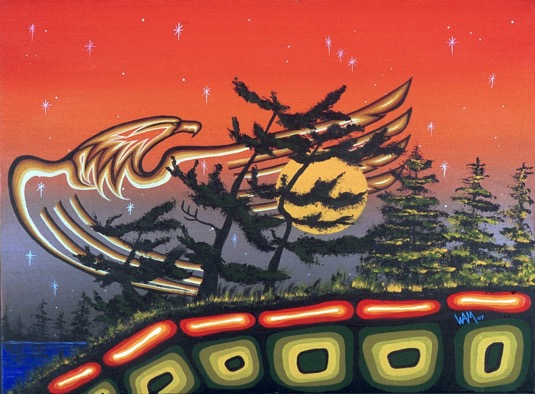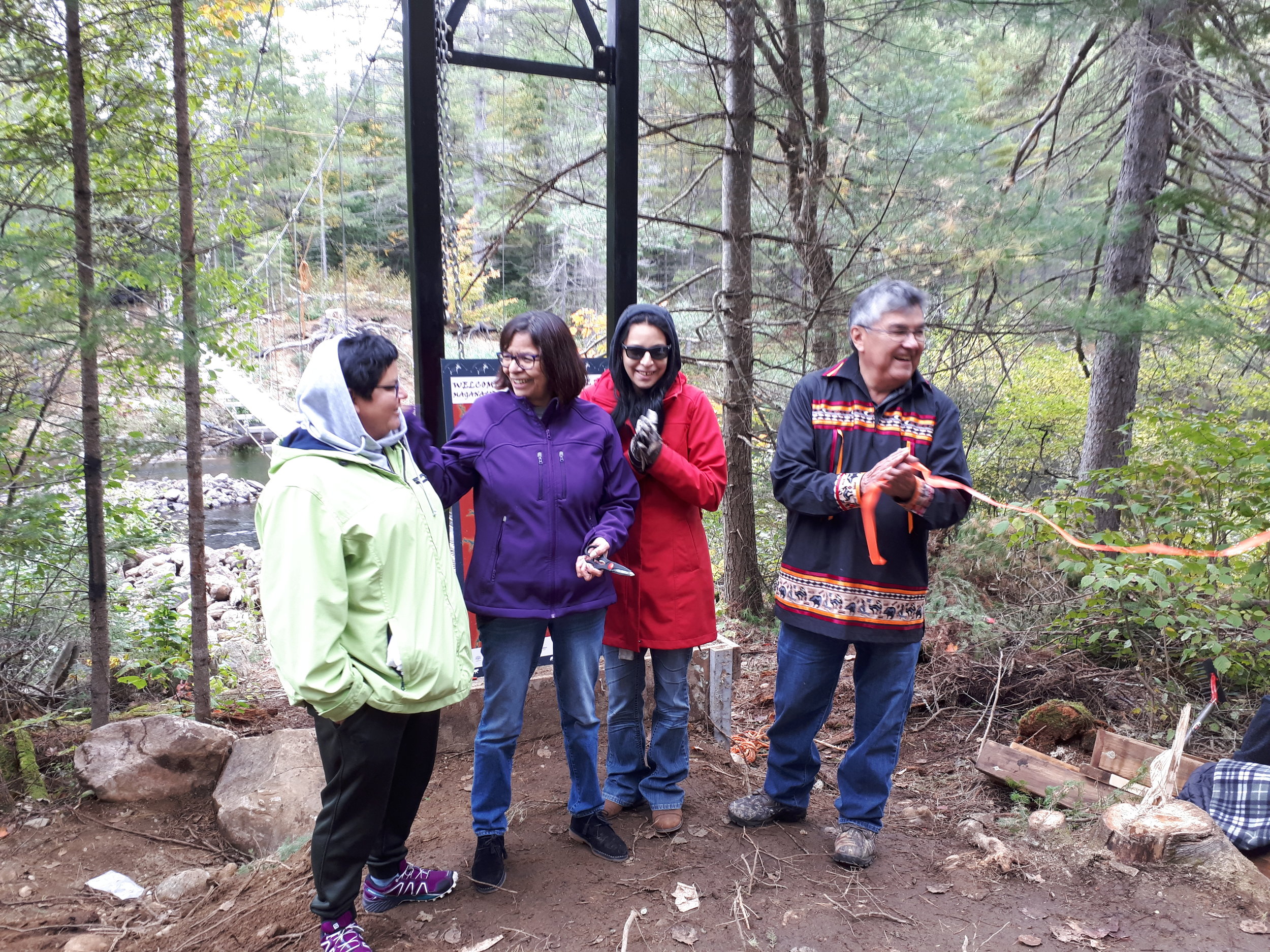Our attitude Vis A Vis the natural world is very different from European views. The Anishinabe belief that we humans are part of nature, that animals and plants have not been placed on earth solely for human use and profit, that they are spiritual beings related to us - this philosophy is key for the preservation of our natural environment. We believe that the imbalances that have occured on our territory must be corrected.
The changing climate is pushing many earth ecosystems towards critical thresholds that will alter regional and global balances and invariably threaten environmental stability on multiple scales.
Many voices from all four corners are calling for dramatic change. Here on our own territory we are calling for dramatic change. It is time for governments to reconsider their resource management practices and principles. It is also time for governments to recognize our rights and interests in natural resource management on our own territory. We are ready to formulate a response and take restorative measures
Alarmingly, we may have already passed the tipping points that are irreversible within the time span of our current civilization. With a deliberate shift to a traditional environmental governance regime, Algonquin ecosystem services and management could become a powerful model for nature based enterprises and projects. Our projects will deliver sustainable economic and social benefits to our community and beyond as they repair and improve the resources base. For several years our community has been evaluating long term economic alternatives to the forest depletion industries which include;
Decrease forest degradation on the territory
Provide alternative employment to our growing population as few young people can find employment
Create economic opportunities that are compatible with the values and aspirations of our members
Build on environmental stewardship opportunities which reflect and strengthen Algonquin culture which can also benefit the general public of our century and beyond
We have identified carbon credit reforestation and prevented deforestation carbon projects as a new area of economic development and environmental stewardship for our community
Protected Areas and Species at Risk
Mandy Perrier, Rosanne Young, Miranda Perrier and Chief St Denis at the Grand Opening of the Wolf River and Tommy John Trails in Maganasbi Protected Area September 2018.
Building New Bridges to Prosperity through Algonquin Eco-system services
For several years Wolf Lake First Nation has been working in cooperation with the government of Quebec, the Algonquins of Barierre Lake, University of Toronto and Trent University researchers to protect forest areas and species at risk on the territory. We have worked closely with Algonquin elders and language holders in recording important Algonquin traditional knowledge and customary law to provide future ecosystem services in protecting important sites on the territory for biodiversity and nature conservation. To date, WLFN has protected 200 square km of the Maganasipi River canyon that was scheduled for harvest. We Algonquins know this river as Maganasipi – Wolf River because of the valley’s resident wolf population. One of our primary objectives of this project is to learn more about the resident wolf population and discovered with University of Toronto and Trent researchers that it is the threatened species Algonquin Eastern wolf the Federal Species at Risk Act. We are now receiving funding to help protect the species under the Aboriginal Fund for Species at Risk.
For more information of Algonquin Protected areas and stewardship activities contact:
Rosanne Van Schie, Lead Researcher and Project Manager at:
www.algonquineasternwolf.com
Algonquin Ottawa River Watershed Governance
Download the Report on People Powered Water Governance here.
We are actively recruiting interested members to particiapte in our Algonquin Kitsisibi Watershed governance workspace- if you are interested in contributing to the protection of the Ottawa River watershed please contact the lands and resources office.







